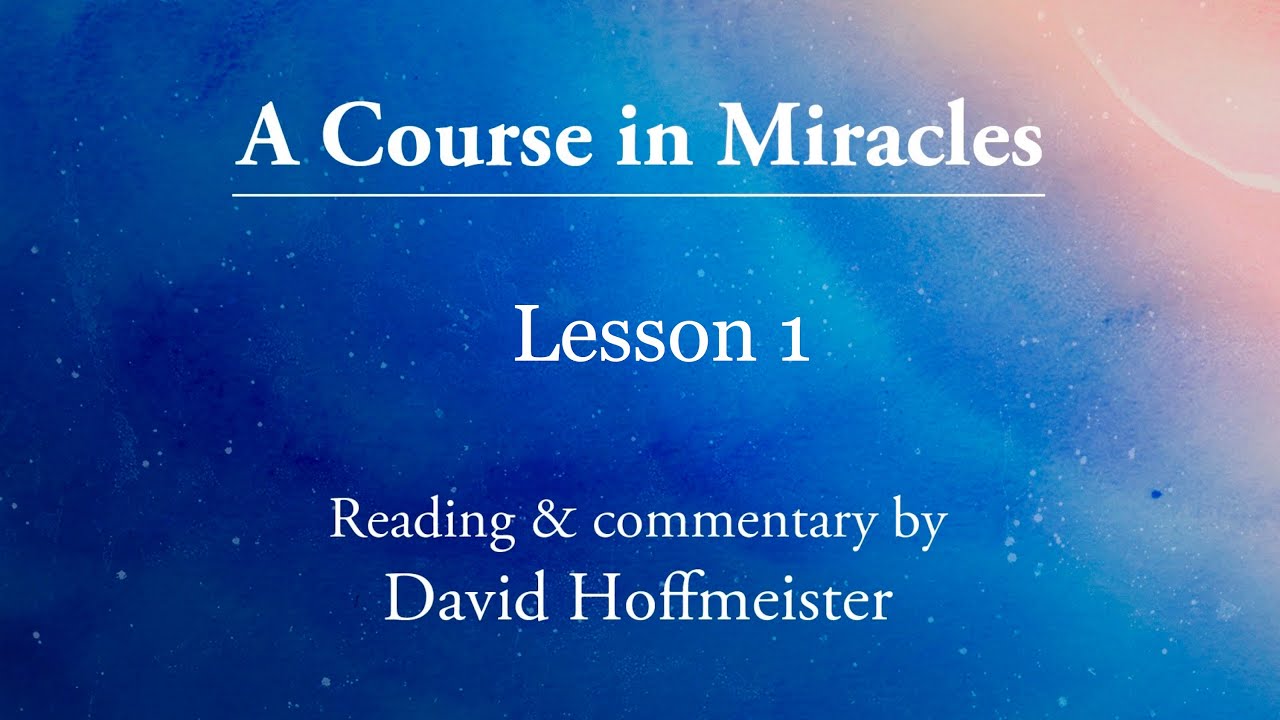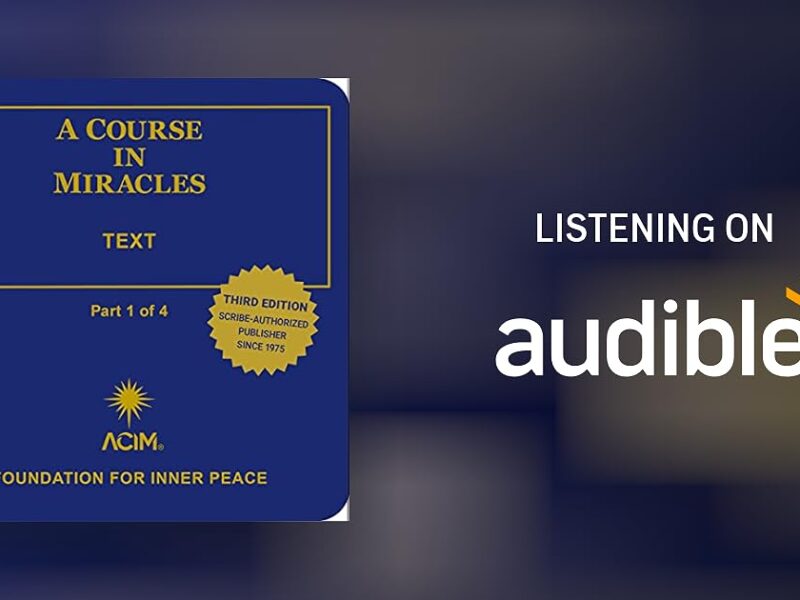Books have long held a special place in human civilization, serving as gateways to knowledge, imagination, and inspiration. From ancient scrolls to modern e-readers, a course in miracles have been our faithful companions, enlightening us, entertaining us, and sometimes even challenging us. The printed word has an enduring allure, offering an escape from reality or a deep dive into it, making books an essential part of our lives.
The power of books lies in the words they contain. Through literature, we can explore different worlds, cultures, and eras. A well-written book has the ability to transport us to far-off places, introduce us to intriguing characters, and provoke profound emotions. Whether it’s the eloquence of Shakespearean sonnets, the philosophy of ancient texts, or the gripping narratives of contemporary fiction, books are vehicles for the expression of human thought and creativity.
Books are also repositories of knowledge. They are the primary means through which we transmit information from one generation to the next. Academic textbooks, scientific journals, and encyclopedias are invaluable resources for learning and research. In an age of readily available information online, books still maintain their status as reliable and authoritative sources.
Reading is more than just an intellectual pursuit; it’s a source of joy and personal growth. It fosters empathy as we see the world from different perspectives, cultivates critical thinking skills, and expands our vocabulary. Moreover, the simple act of reading can be a source of relaxation and stress relief, providing a respite from the demands of modern life.
In recent years, the way we consume books has undergone a digital transformation. E-books and audiobooks have become increasingly popular, offering convenience and accessibility. While some may lament the decline of traditional paper books, these new formats have opened up reading to a wider audience, making books more portable and adaptable to our modern, fast-paced lives.


